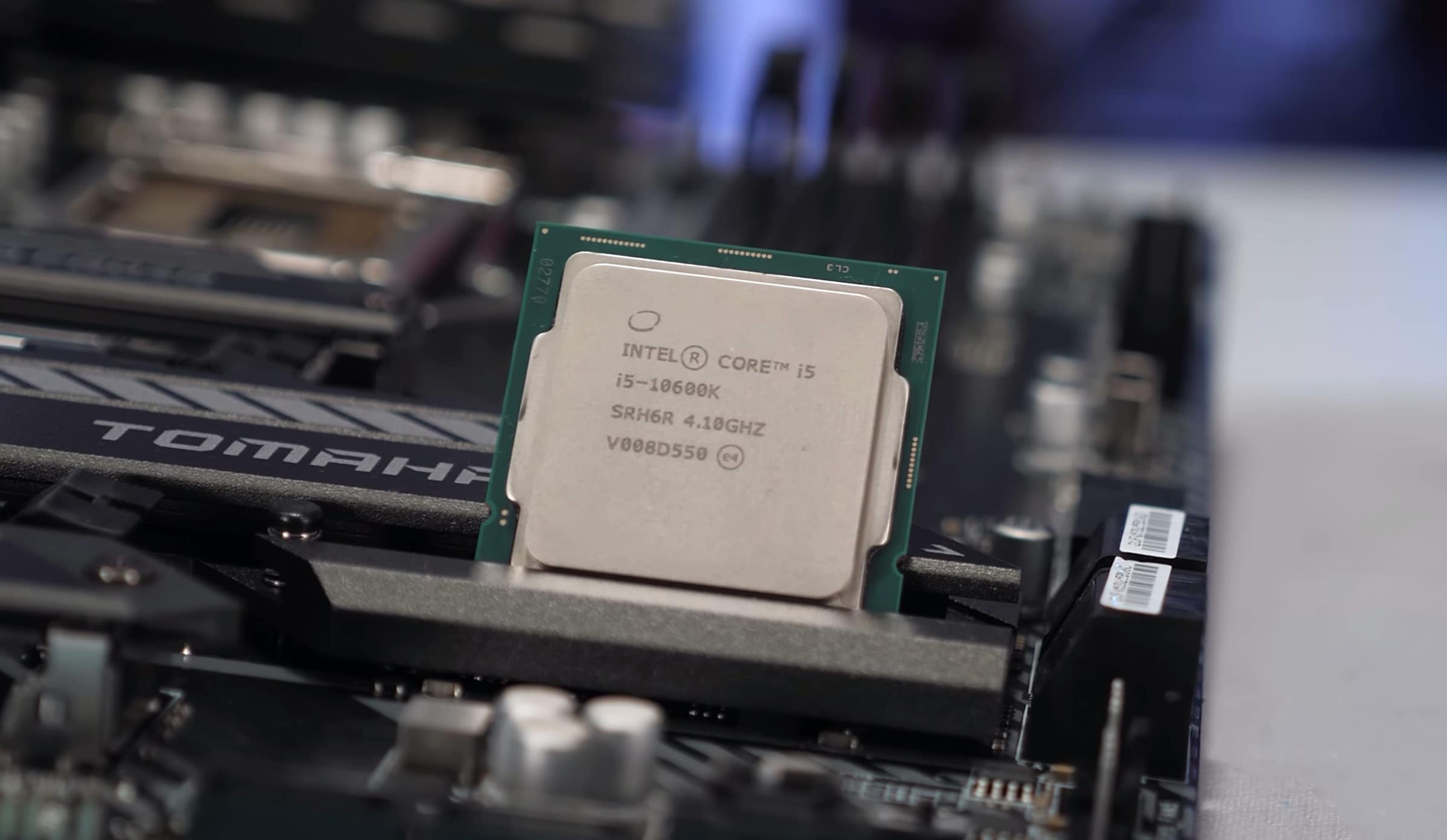Mugsy
Posts: 772 +203
My (6 year old) PC spontaneously dropped dead Sunday night. Worst of all, it was the MoBo, meaning a new CPU and RAM for a costly upgrade.
I was an AMD enthusiast for years and have wanted to return, but went Intel years ago for the faster CPU. The Ryzen line finally looked like the opportunity to return to my AMD roots, but I'm finding a "lowly" 6-core i5 9600 is both faster and cheaper than an 8-core 3700X.
I could use some advice:
I'm on a tight budget (maybe $350.) Do I go with the $195 i5 with cheap sub-$100 MoBo and ride it for a few years, or "splurge" on a promised "4000-series-compatible" Ryzen MoBo and put a cheap 3-Series cpu in it until I can afford to upgrade later? (Remember, I must buy at least 8gb of memory as well.)
(Or perhaps even splurge on an Intel MoBo and pray they don't change sockets yet again?)
I was an AMD enthusiast for years and have wanted to return, but went Intel years ago for the faster CPU. The Ryzen line finally looked like the opportunity to return to my AMD roots, but I'm finding a "lowly" 6-core i5 9600 is both faster and cheaper than an 8-core 3700X.
I could use some advice:
I'm on a tight budget (maybe $350.) Do I go with the $195 i5 with cheap sub-$100 MoBo and ride it for a few years, or "splurge" on a promised "4000-series-compatible" Ryzen MoBo and put a cheap 3-Series cpu in it until I can afford to upgrade later? (Remember, I must buy at least 8gb of memory as well.)
(Or perhaps even splurge on an Intel MoBo and pray they don't change sockets yet again?)

